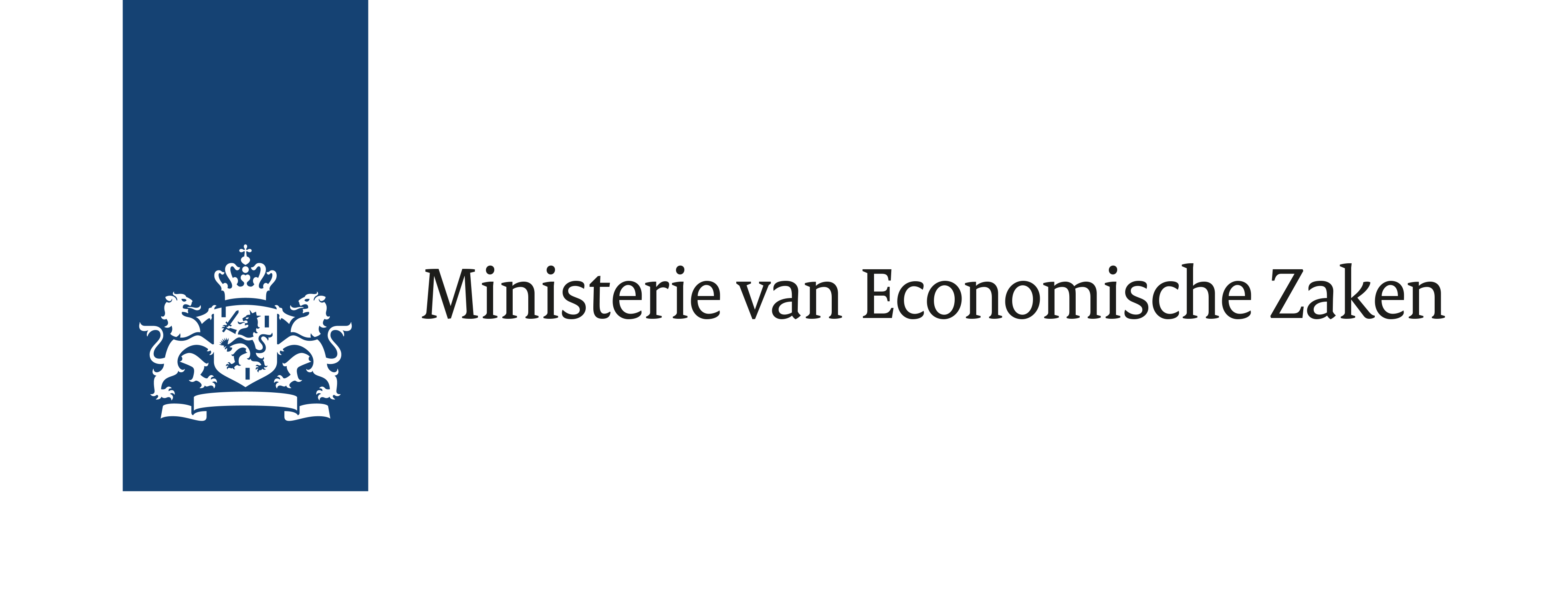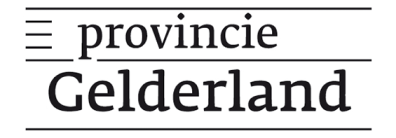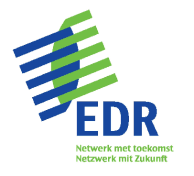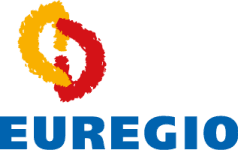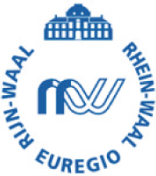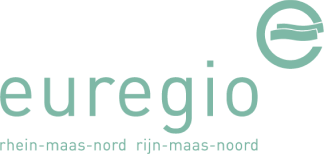In NL and DE, awareness about protecting peatlands is increasing. Due to low water levels, peat starts to oxidise, leading to subsidence and significant CO2 emissions. Both the Netherlands and Germany have set policy objectives to reduce CO2 . The resulting land subsidence creates a major problem for infrastructure, water management and safety. By applying paludiculture, growing crops on plots of land with a high water table, oxidation is counteracted or reduced. In addition, paludiculture provides biodiversity and new bio-resources. There is now experience on an experimental scale with crops from wet cultivation for the production of building materials.
The Interreg VIa project “Paludi & Construction” pushes ahead and develops bio-based building materials including board material and loose insulation material made from, among others, the wet cultivated crop cattail and supplemented with mycelium. The products are intended for homes below the fire class limit. These are usually ground-level houses with up to two storeys. For houses with more than two floors, different safety requirements serve. These are beyond the scope of this project.
Paludi & Construction aims to contribute to the protection of peatlands by enabling rapid upscaling of the building materials developed in Paludi & Construction for the market and with building up the entire production chain in the regions of the Northern Netherlands, Lower Saxony and Nordrhein Westfalen in Germany by involving all parties such as farmers, producers of semi-manufactured products, construction companies and customers.
This is achieved by defining the requirements package of the products, realising prototypes, evaluating on the themes construction,LCA and economy and by dissemination and knowledge sharing with chain partners. These developments fit TRL levels 6 and 7.

